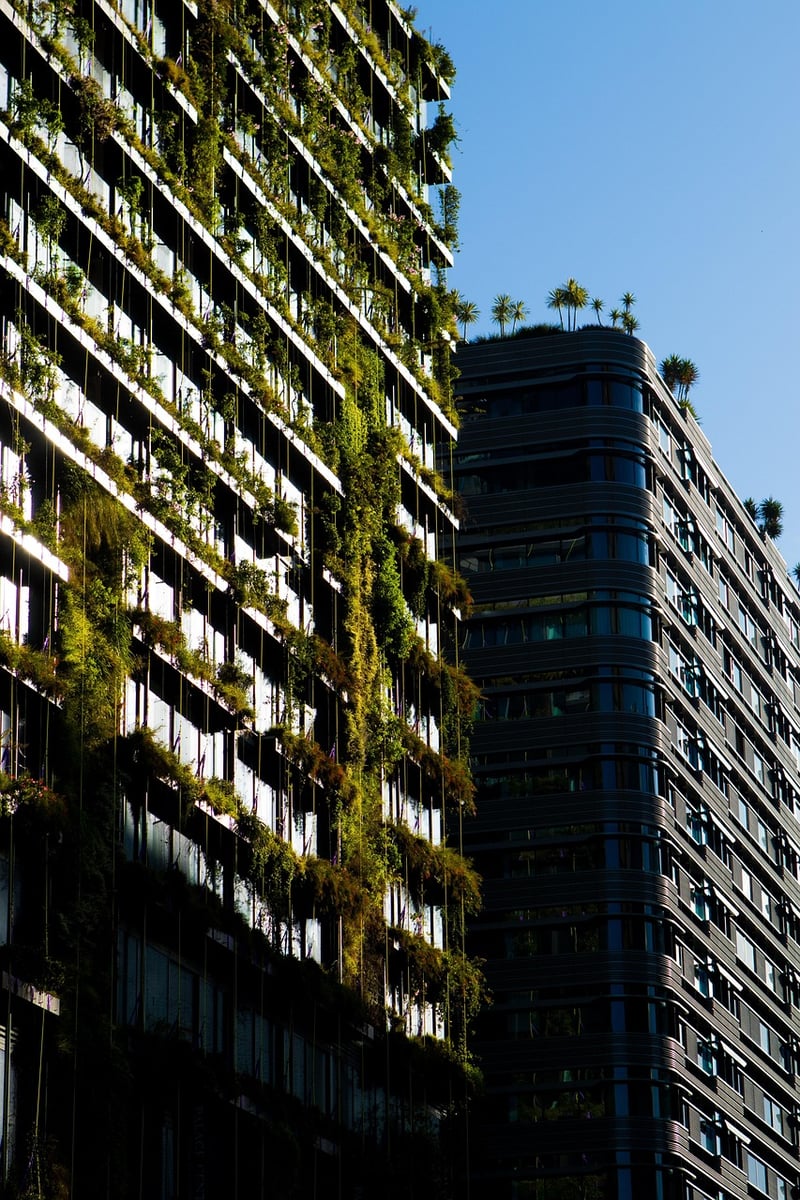Sustainable Planting Solutions
Eco-Friendly Garden Designs and Sustainable Planting Solutions
Welcome to our guide on creating an eco-friendly garden that not only enhances the beauty of your outdoor space but also contributes to a sustainable environment. By incorporating sustainable planting solutions into your garden design, you can reduce your carbon footprint, support local biodiversity, and create a healthier ecosystem for future generations.
The Benefits of Eco-Friendly Gardens:
- Conserves water and reduces water usage
- Promotes biodiversity and supports pollinators
- Improves soil health and reduces the need for chemical fertilizers
- Creates a natural habitat for wildlife
- Reduces carbon emissions and helps combat climate change
Key Elements of Eco-Friendly Garden Designs:
- Native Plants: Choose plants that are native to your region as they are adapted to the local climate and require less water and maintenance.
- Water Conservation: Incorporate rainwater harvesting systems, mulching, and drought-tolerant plants to reduce water usage.
- Composting: Start a compost bin to recycle organic waste into nutrient-rich soil for your garden.
- Chemical-Free Gardening: Avoid synthetic pesticides and fertilizers and opt for organic alternatives to protect beneficial insects and soil health.
- Permeable Surfaces: Use permeable materials like gravel or permeable pavers to reduce runoff and allow water to infiltrate the soil.
Sustainable Planting Solutions:
When planning your garden, consider the following sustainable planting solutions:
- Planting Trees: Trees provide shade, oxygen, and habitat for wildlife while sequestering carbon from the atmosphere.
- Creating Wildlife Habitats: Include bird feeders, bee hotels, and butterfly gardens to attract beneficial wildlife to your garden.
- Integrating Edible Plants: Grow your own fruits, vegetables, and herbs to promote self-sufficiency and reduce food miles.
- Using Permaculture Principles: Design your garden using permaculture principles to create a self-sustaining ecosystem.
By incorporating eco-friendly garden designs and sustainable planting solutions, you can create a beautiful and environmentally friendly outdoor space that benefits both you and the planet. Let's work together to build a greener future, one garden at a time!

For more inspiration and tips on sustainable gardening, visit Royal Horticultural Society - Greener Gardening.
